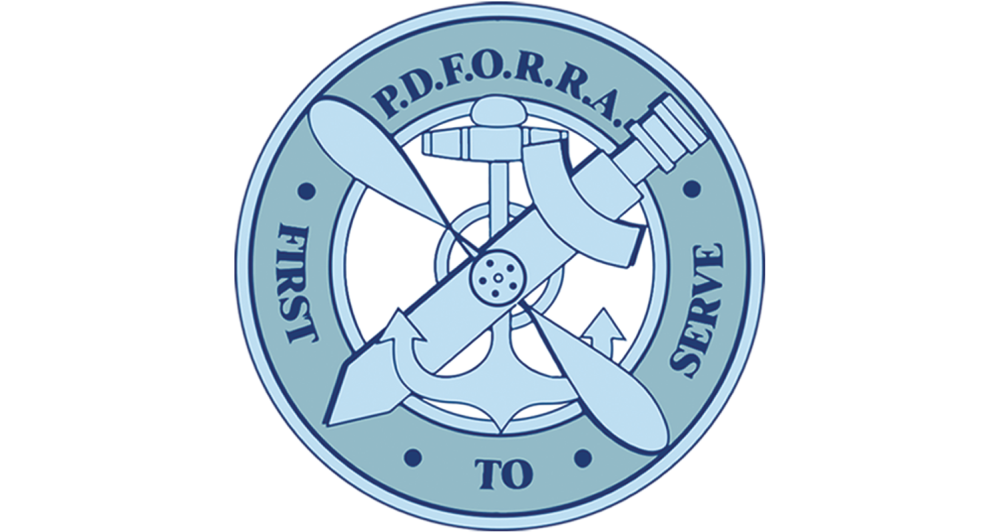
The maintenance of Defence Forces equipment, including helicopters and ships, is being outsourced to private contractors and 'this is a false economy', as well as a 'security risk'.
The security of the State could be "at risk" because the Defence Forces are increasingly outsourcing the maintenance of military equipment to overseas private contractors.
Senator Gerard Craughwell, a former Defence Forces member, said that outsourcing state operations is a concern, with fears that maintenance of the country's military ships and planes could grind to a halt.
"Civilian contractors are entitled to take industrial action, unlike members of the Defence Forces," Mr Craughwell said. "Because we've so many private contractors now doing Defence Forces jobs, if they took industrial action, we could see ships, planes, and vehicles out of action and this could lead to a situation where the security of the State is at risk."
He also referenced the outsourcing of search-and-rescue helicopter missions to a private company.
Natural disasters that affect air travel, such as volcanic eruptions in Iceland, could delay teams being sent to work in Ireland, which would have a knock-on affect on maintenance operations, Mr Craughwell said.
Contractors working alongside similarly qualified Defence Forces members are being paid significantly more than military personnel.
For example, a private Finnish contractor has been awarded a five-year, €13m deal to maintain four navy ships, the Irish Examiner revealed earlier this month. The contract was awarded after the military technicians who did the work left to take up employment in the private sector.
A former senior naval-service technician estimates that it is costing the taxpayer four times as much for this work as it would pay to military engine-room experts.

Gerard Craughwell: Outsourcing a security risk. Picture: Dylan Vaughan.
10 of the 11 engineering experts quit the service for outside jobs. Only one ship is operational, due to maintenance issues with the other three.
In January 2022, the Irish Examiner revealed that Italian contractors were being employed in the air corp at much higher wages than military personnel received, because of a shortage of skilled technicians.
PDForra president, Mark Keane, whose association represents 6,500 of the frontline Defence Forces (enlisted) personnel, said outsourcing "is now prevalent throughout the whole organisation" and the disparity in pay between equally qualified military personnel and contractors is a matter of serious concern.
"Currently, we have a bizarre situation where we have civilians working alongside our members, who, by virtue of being in a uniform, attract a lower rate of remuneration, even though they have the same qualifications and are carrying out the same tasks and work," Mr Keane said.
"This was clearly evident most recently when the air corps advertised for suitably qualified (civilian) ramp crews on LinkedIn. They are the people who guide the planes to and from landing and take-off areas and hangars and make sure they’re refuelled."
Outsourcing to civilian companies is, in PDForra's view, a false economy.
"It also has the ability to erode the esprit de corps and does very little for retaining key skilled Defence Forces personnel," Mr Keane said.
The only way to stem the exodus of highly-trained military technicians is to provide them with better remuneration, such as the "the introduction of long-service increments", Mr Keane said.
Such measures have been adopted by other countries to retain experienced personnel in their military, especially as there is a significant financial investment for states to train them.

